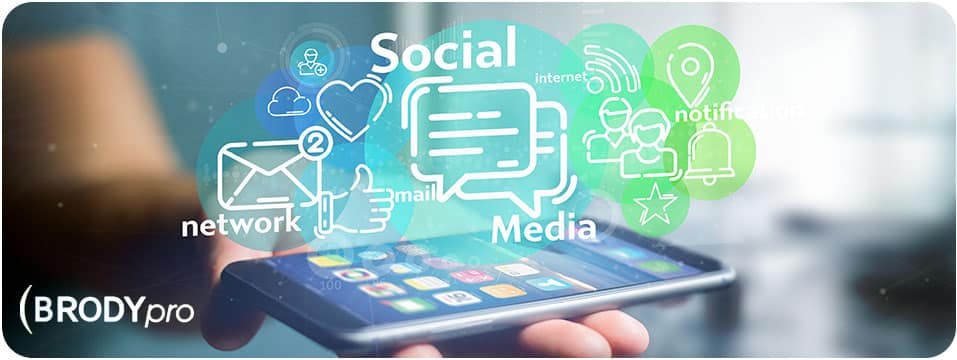Whether or not you use social media as a way to build your career, it has the potential to derail it.
Social media is now part of our resume. When we apply for a job or consulting project, potential employers are likely to research your online presence. Many people use social media intentionally for this purpose, building up their LinkedIn connections, certifications, and references. For consultants, even more social channels like Facebook, Instagram, and TikTok may offer potential employers a sense of your personal brand.
Unfortunately, the internet is full of stories about people who lost their jobs or careers due to social media posts:
- “Teacher in Georgia Fired After ‘Crackers’ Comment on Facebook” – The New York Times https://www.nytimes.com/2021/05/06/us/teacher-facebook-crackers.html
- “Teen Vogue’s New Editor Resigns After Backlash Over Racist Tweets” – NPR https://www.npr.org/2018/03/22/596156320/teen-vogues-new-editor-resigns-after-backlash-over-racist-tweets
- “Soccer player fired over racist social media post” – CNN https://www.cnn.com/2017/08/29/sport/soccer-player-fired-racist-social-media-post/index.html
- “Man loses job offer over tweet to CEO about his ‘sexy’ cover photo” – NBC News https://www.nbcnews.com/news/us-news/man-loses-job-offer-over-tweet-ceo-about-his-sexy-n629956
As you can see, it’s important to follow a few guidelines of social media etiquette whether or not you intentionally use social media for your career.
As with any method of communication, good etiquette is a combination of common sense, understanding what is appropriate in any given situation, and considering the feelings of the people involved.
Below are the top 3 rules to remember for social media etiquette:
- Proofread before you publish; typos are embarrassing.
- Consider whether you are comfortable with *everyone* reading your post—if not, don’t post it.
- Be respectful. Using language that is offensive to any person or group could eventually come back to haunt you.
When networking on social media, keep in mind that even private messages can easily become public with the click of a mouse, so keep these guidelines in mind for your public and “private” communications.
